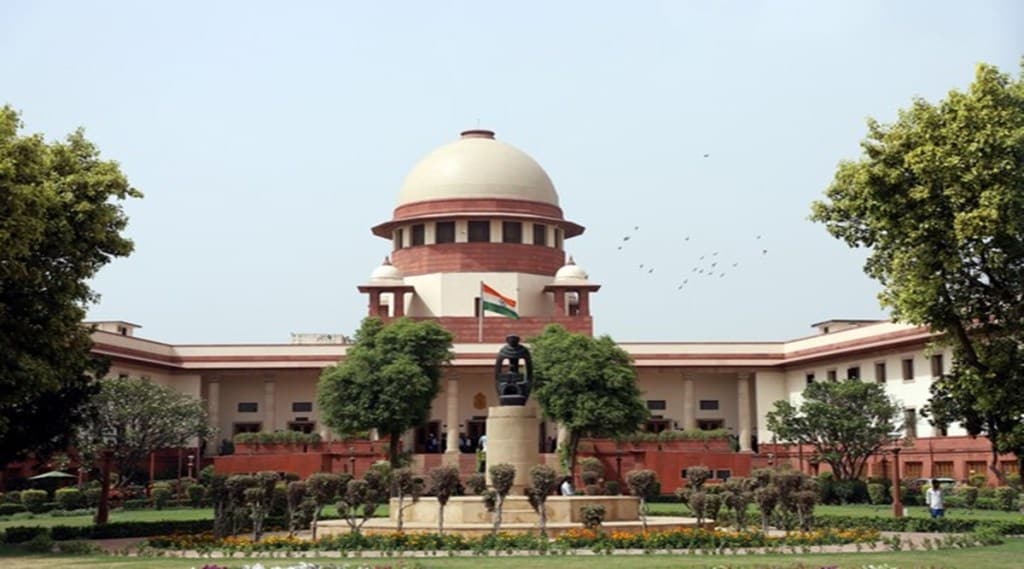The Supreme Court appointed committee which was tasked to look into the allegations regarding the government using the Pegasus spyware on individuals has said that it has found “some malware” on five of the 29 mobile phones that it has examined. However, the panel report is “inconclusive” if the malware detected during the panel’s probe was indeed the Israeli spyware, the Supreme Court said today, according to news agency PTI.
A bench of Chief Justice of India (CJI) NV Ramana and Justices Hima Kohli and Surya Kant, after examining a voluminous report that was submitted by the three-member expert committee, noted that while some malware was found in 5 of the 29 devices, the report was “inconclusive” on whether it was the Pegasus spyware.
“We are concerned about technical committee 29 phones were given… in 5 phones some malware was found but the technical committee says it cannot be said to be Pegasus. They say it cannot be said to be Pegasus,” the bench remarked.
The committee tasked by the top court to look into the matter was headed by former Supreme Court judge Justice RV Raveendran who submitted the report to the Court in July this year. The committee also comprised Alok Joshi (former IPS Officer) and Sundeep Oberoi, Chairman, Sub Committee in (International Organisation of Standardisation/International Electro-Technical Commission/Joint Technical Committee).
Also Read: Pegasus spyware: The forbidden story
Crucially, the Supreme Court cited the report to further say that the Centre did not cooperate with the inquiry and reiterated its earlier stand that it cannot reveal whether or not it used the spyware to snoop on individuals. Stating that it will consider how to take the case forward, the top court said that the report could be uploaded on the court’s website and posted the matter for hearing after four weeks.
The surveillance allegations pertain to a list of “potential targets” for surveillance using the Pegasus spyware, which had featured 300 Indian mobile phone numbers, which was accessed by Paris-based media non-profit firms Forbidden Stories and Amnesty International. As part of the Pegasus project, the organisations had shared it with 17 news outlets, including The Wire, a media portal.
The list includes several Indian journalists, activists, lawyers, officials and a former SC judge, and others.
Also Read: No information available with us: MEA on Pegasus row
The committee’s report recommended: Enactment of a law on surveillance and improving the right to privacy, enhancing nation’s cybersecurity, strengthening the protection of right to privacy of citizens, and also a mechanism for raising grievances regarding surveillance which is illegal, Bar and Bench reported.
Meanwhile, senior advocate Kapil Sibal who was appearing for one of the petitioners, seeking a copy of the report, said that they needed to know what malware was found. Advocate Vrinda Grover also echoed similar sentiments, adding that her device was also examined and it needed to be known what malware it was as it was forensically examined.
In October 2021, the apex court had ordered a probe into the alleged use of the Pegasus spyware.


